A few days ago I got a very nice e-mail from Allie Baker, a writer who has started a new blog, called The Hemingway Project, that’s all about, as she says, “the enduring influence of Ernest Hemingway.” Through the wonders of Google, she came across a story I’d done for Islands magazine not long ago in which “Papa” played a key role, so she wrote and asked if she could interview me. I was flattered (click the link above to read it). Since we Hemingway fans have to stick together, I asked her if she’d mind letting me reprint her original blog post. It follows.
Welcome to the Hemingway Project
By Allie Baker
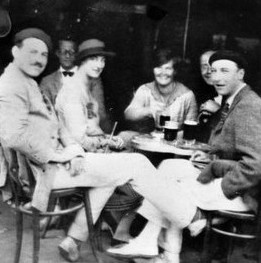 It all started with A Moveable Feast – the first Hemingway book I read for pleasure (without being assigned to read it!) His voice was warm, and yet detached, one could feel the ache of nostalgia in each sentence and yet, at the same time, feel that he was a cad. Moveable Feast left me wanting to know more about him – what happened after Paris? What happened to Hadley and Bumby? To answer some of these questions, I read his biography next, but the biography only created more questions about this complicated man. His life was richly layered beyond my wildest expectations; he lived in exceptional times, he explored several continents, he loved and hated deeply, he wrote books and that are still of great interest to us. He lived out the adventures and the consequences of being a completely free human being. Alas, I was hooked.
It all started with A Moveable Feast – the first Hemingway book I read for pleasure (without being assigned to read it!) His voice was warm, and yet detached, one could feel the ache of nostalgia in each sentence and yet, at the same time, feel that he was a cad. Moveable Feast left me wanting to know more about him – what happened after Paris? What happened to Hadley and Bumby? To answer some of these questions, I read his biography next, but the biography only created more questions about this complicated man. His life was richly layered beyond my wildest expectations; he lived in exceptional times, he explored several continents, he loved and hated deeply, he wrote books and that are still of great interest to us. He lived out the adventures and the consequences of being a completely free human being. Alas, I was hooked.
This blog is an exploration of our responses to Hemingway; his books, his friends, his travels, and all of what went into making his live so extraordinary. It’s a discussion, a conversation, a debate – and I hope you will be part of this project!
Are you a Hemingway scholar? Do you have a good Hemingway story? Have you taken to wearing a beret and thinking about Hemingway at work? Do you daydream about fighting bulls in Spain? Or making your next home in Cuba? Marrying a couple more times? Do you think he’s overrated? Do you re-read his books every year? Do you have a neighbor who knows a friend whose sister had a crush on him in the 40’s? Please join the discussion about his rare and uncommon, controversial man.

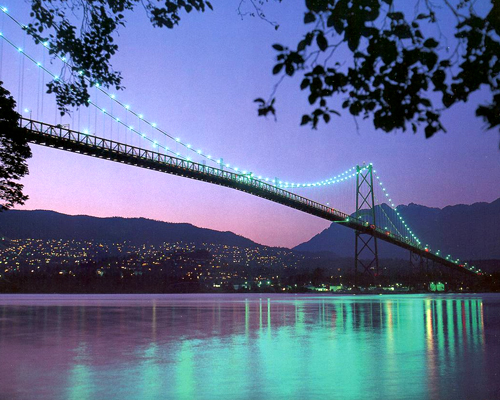
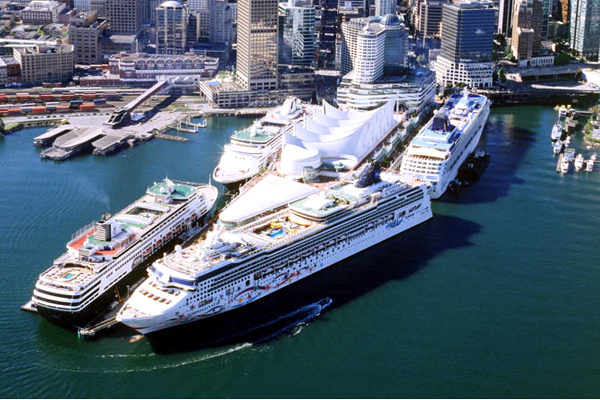
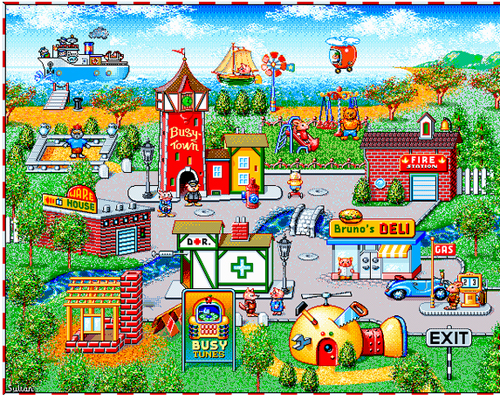
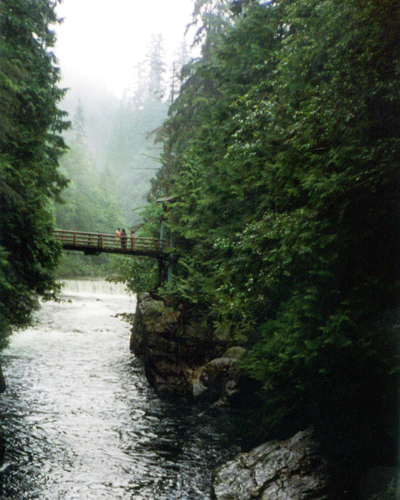
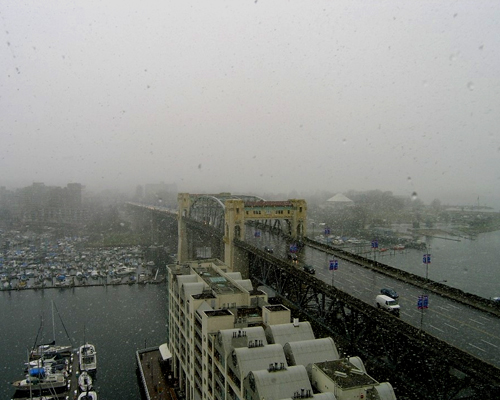
Recent Comments